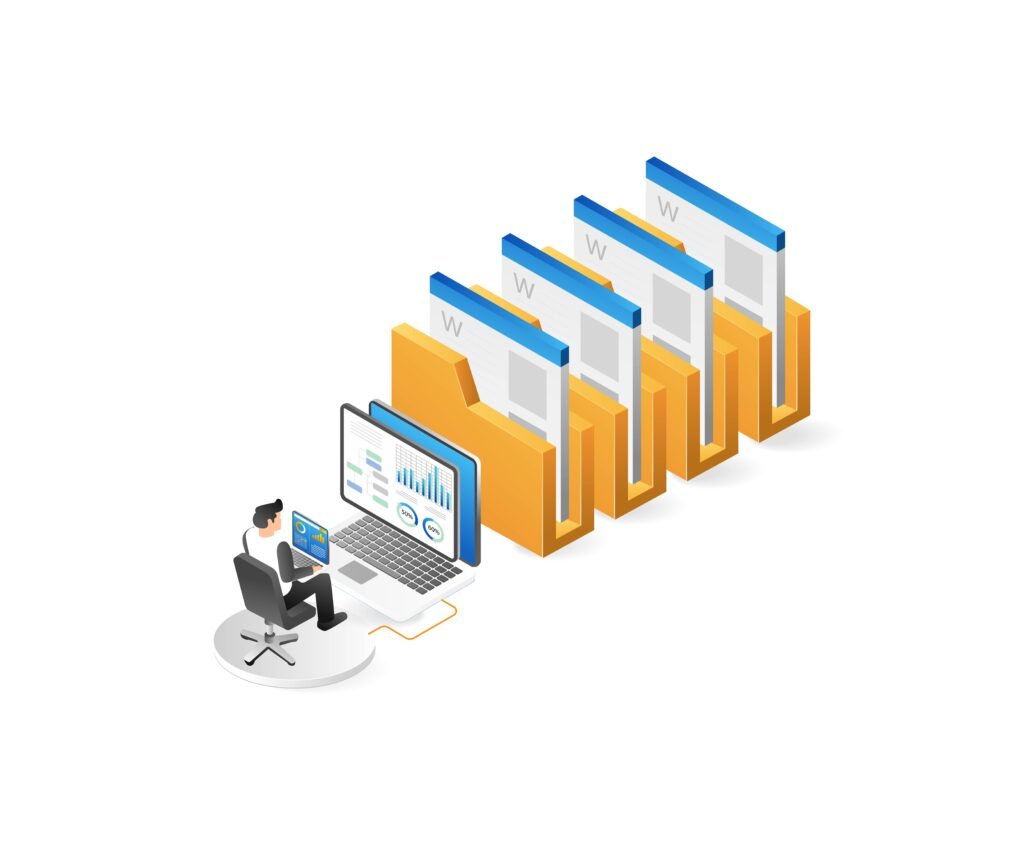Data Catalog: Unlocking the Essence, Components and Significance
In today’s data-driven world, businesses are constantly seeking innovative solutions to manage and leverage their vast amounts of information efficiently. One such solution gaining prominence is the use of data catalog. But what exactly is a data catalog, and how can it transform the way we handle and extract value from our data?

Understanding Data Catalog
A data catalog serves as a centralized repository for metadata, providing a comprehensive overview of an organization’s data assets. These assets can range from databases and tables to files and reports. Essentially, it’s a dynamic inventory that not only lists available data but also provides crucial information about its origin, structure, and usage.
The Key Components
Metadata Management: Central to any data catalog is its metadata management system. Metadata, or data about data, includes details like data source, creation date, and usage statistics. Effectively managing metadata enhances data discoverability and ensures its quality.
Search and Discovery: Imagine a library without a catalog – finding a specific book would be a daunting task. Similarly, data catalogs enable users to search and discover relevant data swiftly. Advanced search functionalities, including filters and tags, simplify the process.

Why Data Catalog Matter
1. Enhancing Collaboration
In a collaborative business environment, data is shared among teams. A data catalog acts as a bridge, fostering collaboration by providing a common understanding of available data. This results in more informed decision-making and streamlined workflows.
2. Improved Data Quality
Quality is paramount in the world of data. With a data catalog, users gain insights into the quality of each dataset, reducing the likelihood of errors and promoting the use of accurate information.
3. Compliance and Security
In an era where data privacy and compliance are non-negotiable, data catalogs play a crucial role. They help organizations adhere to regulations by tracking data lineage and ensuring proper access controls, thereby fortifying the security of sensitive information.
4. Boosting Productivity
Time is money, and a well-organized data catalog saves both. By expediting the process of locating and understanding data, employees can focus on analysis and decision-making, driving productivity.

Conclusion
In conclusion, a data catalog is not merely a repository; it’s a strategic asset that empowers organizations to harness the full potential of their data. By centralizing information, enhancing collaboration, and ensuring compliance, data catalog pave the way for a more data-savvy and agile business environment. As you embark on your data catalog journey, remember that its successful implementation is not just about technology; it’s about transforming the way your organization values and utilizes its most valuable asset – data. Explore the world of data like never before. If you have further questions or would like personalized insights, feel free to contact us.
